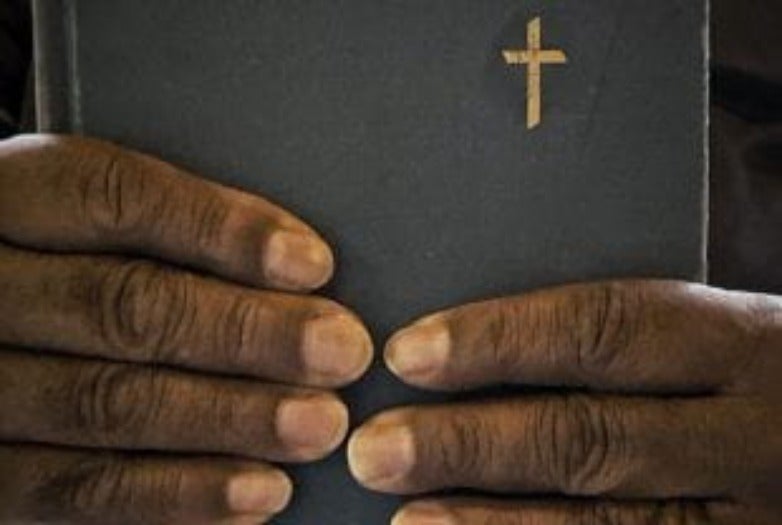HOUSTON – (March 17, 2021) – Amid news that the Biden administration will soon launch a wide-reaching public relations campaign aimed at improving COVID-19 vaccine confidence and inoculation rates across the U.S., Rice University sociologist Elaine Howard Ecklund is available to discuss the role religious leaders can play in encouraging their congregants to get a shot.
A recent front-page New York Times article focused specifically on how religious institutions and leaders are doing just that. Ecklund, the Herbert S. Autrey Chair in Social Science and director of Rice's Religion and Public Life Program, has conducted significant research in this area and agrees that scientists, doctors and public health professionals need the support of religious leaders and organizations to most effectively vaccinate people.
"Our research finds that religious leaders have considerable influence around issues of science in many communities, but especially white, evangelical Christian communities, those who represent more than 20% of the U.S. population" Ecklund said. "In my book, 'Why Science and Faith Need Each Other: Eight Shared Values that Move Us beyond Fear,' I show that 34% of evangelical Protestants and about 17% of all Americans say they would consult their religious leader with a question about science, especially science that seems to have moral implications. We in science need to be sure that religious leaders have accurate and up-to-date information about vaccination to pass on to their congregations in order to slow the rate of disease spread."
Ecklund said that between 40% and 50% of Americans belong to a religious organization and nearly 130 million attend once a month or more. She said faith leaders on the ground must connect vaccination efforts to the norms and morals of their traditions.
"For example, the Rev. Gabriel Salguero, quoted in the March 15 New York Times article, draws on the biblical parable of the Good Samaritan to explain to his congregation that 'in getting yourself vaccinated, you are helping your neighbor," she said.
"The pandemic has laid bare and makes massive societal inequalities inarguable," Ecklund said. "Religious organizations can be incredibly effective in organizing people around a shared mission like vaccinating a large group of people, especially in communities where religious leaders are trusted authorities. This is why is it so important to have scientific and religious organizations cooperating in intelligent and thoughtful ways to get the vaccine disseminated."
To arrange an interview with Ecklund, contact Amy McCaig, senior media relations specialist at Rice, at 217-417-2901 or amym@rice.edu.
-30-
Photo link: https://news-network.rice.edu/news/files/2019/10/ecklund-b.jpg
Photo credit: Jeff Fitlow/Rice University
Located on a 300-acre forested campus in Houston, Rice University is consistently ranked among the nation’s top 20 universities by U.S. News & World Report. Rice has highly respected schools of Architecture, Business, Continuing Studies, Engineering, Humanities, Music, Natural Sciences and Social Sciences and is home to the Baker Institute for Public Policy. With 3,978 undergraduates and 3,192 graduate students, Rice’s undergraduate student-to-faculty ratio is just under 6-to-1. Its residential college system builds close-knit communities and lifelong friendships, just one reason why Rice is ranked No. 1 for lots of race/class interaction and No. 1 for quality of life by the Princeton Review. Rice is also rated as a best value among private universities by Kiplinger’s Personal Finance.
If you do not wish to receive news releases from Rice University, reply to this email and write “unsubscribe” in the subject line. Office of News and Media Relations – MS 300, Rice University, 6100 Main St., Houston, TX 77005

